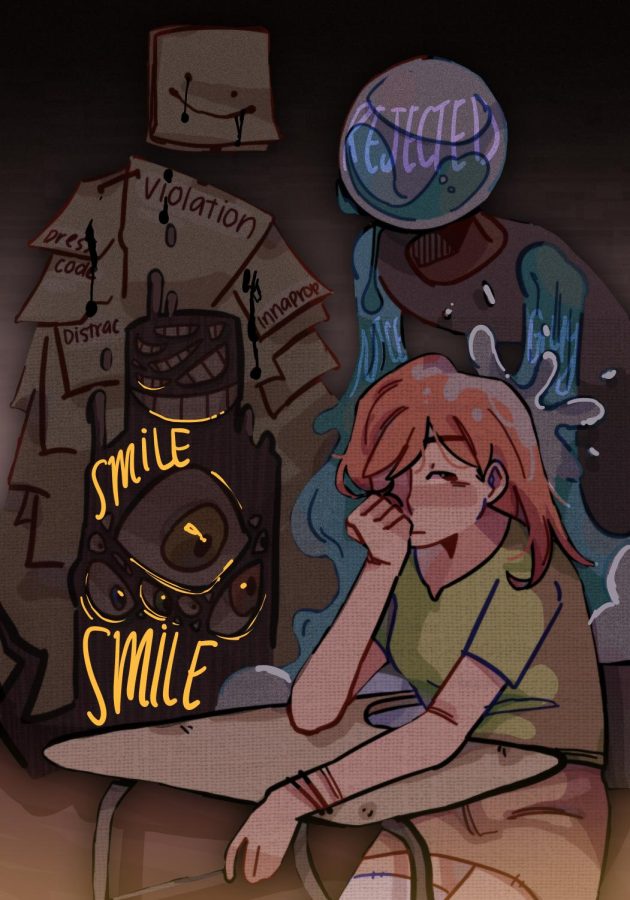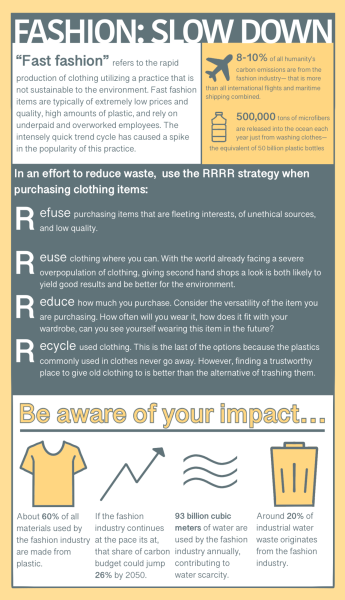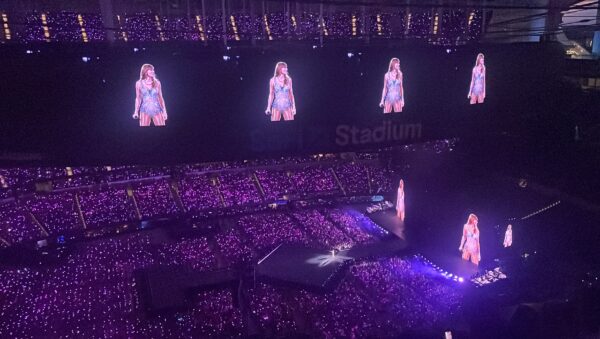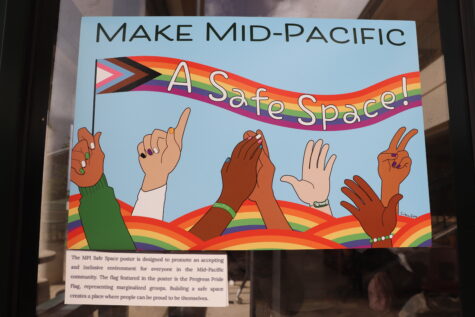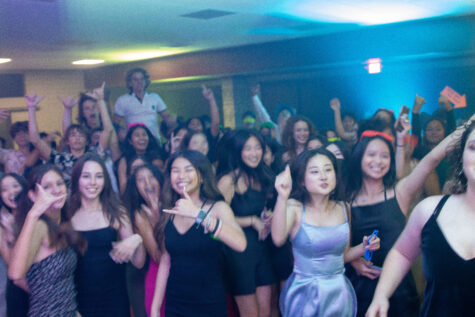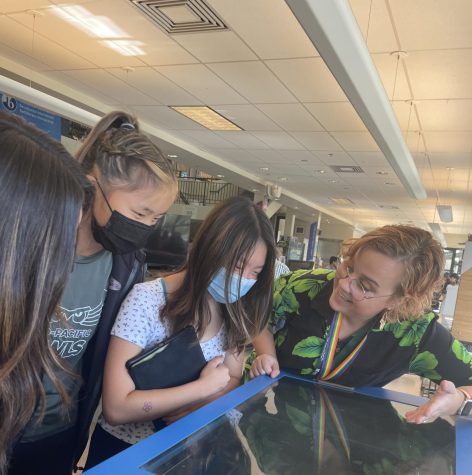Vibe check: examine your inner misogyny
Women can often feel many eyes on everything they do while at the same time, be rejected for doing those things.
There’s a group of guys behind you who won’t stop talking about this one girl. Something about the way they describe her body and personality makes you pause. Will you speak up, or will you stay silent?
Misogyny is defined as having ingrained prejudice against women. We carry on a cycle of misogyny when we police women’s bodies and place judgment onto a woman’s capabilities because she is a woman. This places women into a role with weighted expectations in society that men do not experience.
Misogyny is not a new idea. For years, many women have dedicated themselves towards dismantling misogyny in our society. The word, which gained popularity in the 1970s, helps us learn and identify when it happens.
Misogyny does not just appear out of nowhere. Our society is designed to continuously perpetuate misogyny in ways that may not be apparent to the unwatchful eye.
“It’s like learning a language. You don’t even know you’re learning it but the knowledge is coming in your head regardless,” sophomore Naiya Siple said. “Being raised around something like that is like a straight gateway to continuing that cycle.”
Data from the WHO says that one in four women ages 15 to 24 will have experienced violence from an intimate partner by the time they reach their mid-twenties. To combat violence like this, in 1994, the Violence Against Women Act was passed in Congress and is up for renewal every five years. The legislation’s goal was to create comprehensive programs that help women suffering abuse from intimate partners. The reason why it was created and is still needed should stay with us.
Letting misogyny fly by with no action taken just leads to a continuous cycle of social injustice and violence against women. In the legal realm, a study conducted by the Society for Personality and Social Psychology found that judges use outdated gender roles when making their case decisions. One example of a common outdated gender role is the idea that women should be treated with more strictness than a man.
“That’s the main concept that I hear a lot: ‘Oh it’s not ladylike’ or ‘You’re dressed like a slut’. There’s all these negative terms that judge a woman and there are terms that judge a man as well, but it’s mainly strict on women,” junior Spencer Fleming said.
That’s the main concept that I hear a lot: ‘Oh it’s not ladylike’ or ‘You’re dressed like a slut’.
— Spencer Fleming
From a young age, I feel like I’ve been fed ideas from everyone in my life that both belittle me for not being enough of a woman, whilst being too much of a woman to do certain things. And I’m hit with this realization: It’s never enough.
In a misogynistic society, we are all complicit. Because of this, we need to try our best to start unrooting these deep-seated ideas.
“Privileges and oppressions in your identities have to be part of the conversation in order to move anywhere in terms of making social progress,” Uilalani Marx, middle school dance teacher and co-advisor of the Gender and Sexuality Alliance club, said.
A simple way of taking action is by first reflecting on yourself and your own biases about misogyny. Do you catch yourself criticizing women for things you would not criticize men for? What is your place in society and how have you affected others or been affected by others because of it?
Misogyny is not something we can get rid of overnight because of how integrated it is in our society. It has and will take years of work to see more change. But we need to join in on the conversation somewhere.
“It’s a constant, we need to do more work here, it’s a constant assessing the areas where people feel unheard or feel as though they’re not being valued enough,” Marx said. “There’s no endpoint.”

Charlize Gaudiello is a senior and fourth year journalist, as well as the Editor-in-Chief. She enjoys reading, hanging out with friends, and the Teenage...


